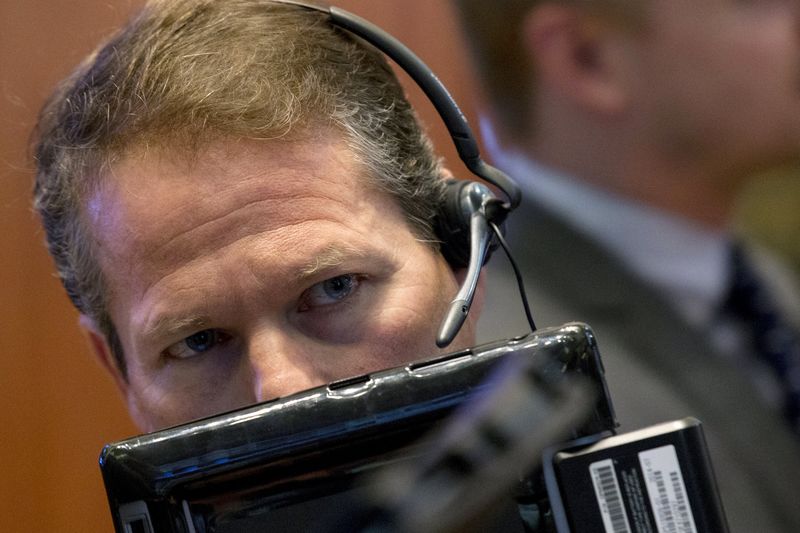Bitcoin (CRYPTO:BTC) is currently down over 33% year to date. The top cryptocurrency by market cap is currently locked in a desperate struggle to maintain it price above the US$30,000 support level. In the past few weeks, the broad crypto market selloff has sparked high volatility, with Bitcoin hitting a low of $28,694 at one point.
That being said, risk-tolerant investors looking to “buy the dip” will likely find the recent slump to be an excellent entry opportunity. The high volatility of Bitcoin may be daunting to some, but investors who “hodl” (hold on for dear life) Bitcoin are likely salivating at the prospect of cheap crypto prices.
Tax-free Bitcoin? Traditionally, Canadian investors bought Bitcoin on coin exchanges such as Binance, Shakepay, Newton, and Wealthsimple Crypto. The drawback with this method is that every sale is a taxable event, meaning that when you sell your Bitcoin, you pay capital gains tax.
Currently, there is no way to hold actual Bitcoin in a tax-advantaged account, such as a Tax-Free Savings Account (TFSA) or Registered Retirement Savings Plan (RRSP). That is, unless you use a Bitcoin exchange-traded fund (ETF).
Bitcoin ETF options Two great options are CI Galaxy Bitcoin ETF (TSX:BTCX.B) and Purpose Bitcoin ETF (TSX:BTCC.B). Their main stats are below:
Buying a share of these ETFs essentially gives you exposure to a proportionate amount of Bitcoin. What’s cool is that these ETFs can be held in your TFSA or RRSP, meaning that when you sell, you pay no income tax (or have it deferred, in the case of an RRSP).
Risks to be aware of BTCX.B and BTCC.B are advanced ETFs generally suitable for knowledgeable, risk-tolerant investors.
Firstly, the underlying Bitcoin being tracked is highly volatile. Intra-day swings of up to 10% are common. Bitcoin is highly volatile, and the ETFs that track it are no different.
Secondly, unlike Bitcoin, these ETFs do not trade 24/7. This means that after-hour and weekend fluctuations in the price of Bitcoin can leave you with sudden losses or gains at the opening bell when it comes to the ETF.
Finally, neither ETF is currency hedged, meaning that fluctuations in the CAD-USD pair rate can introduce additional volatility that alter your returns in the short term.
The Foolish takeaway I subscribe to the “not your keys; not your coins” philosophy of crypto, but using a Bitcoin ETF is advantageous in some cases. While the management expense ratio is high, the potential for tax free or deferred gains in a TFSA or RRSP is alluring. Buying shares of a Bitcoin ETF is also easier for most retail investors compared to self-custody of Bitcoin.
The post How to Buy the Bitcoin Dip in Your TFSA and RRSP With ETFs appeared first on The Motley Fool Canada.
Fool contributor Tony Dong has no position in any of the stocks mentioned. The Motley Fool has positions in and recommends Bitcoin.
